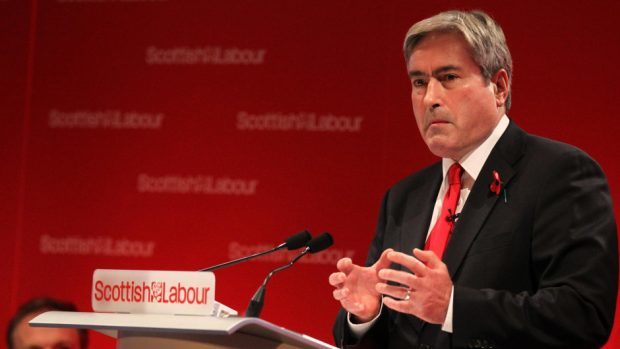Nicola Sturgeon’s premiership has overseen a widening in the gap between the richest and poorest getting to university, official figures show.
The chances of the most deprived in society accessing higher education has gone up by 0.8% since 2014, compared with 2.6% for the best off, according to Scottish Labour’s analysis of UCAS figures.
The Scottish Government said 2016 has been a record year for 18-year-olds from the poorest one fifth of the population gaining entry to university.
Scottish Labour’s education spokesman Iain Gray MSP said the SNP’s performance on widening university access was “shameful” even before Ms Sturgeon took the top job in November 2014.
“Nicola Sturgeon has promised that every child, regardless of their background, would have an equal chance of going to university,” he added.
“But those chances have become less equal while she’s been first minister.
“It goes to show that warms words from the SNP aren’t enough – closing the attainment gap will take more investment in our schools.”
The gap between students entering university from the one fifth most and least deprived areas has increased from 29.6% to 31.4% between 2014 and 2016, the UCAS data shows.
The poorest section saw 10.1% accessing higher education in 2014, rising to 10.9% this year.
At the other end of the wealth scale, it went from 39.7% to 42.3%.
A Scottish Government spokesman said they are aiming for students who come from the most deprived communities to make up 20% of all entrants to Scottish universities by 2030.
“The new UCAS figures record the highest ever entry rate to our universities for 18 year olds from Scotland’s 20% most deprived areas,” he added.
“In 2006, 18-year-olds from the 20% least deprived areas were 5.8 times as likely to enter university as those from the 20% most deprived areas and this has decreased to 3.9 times in 2016.
“It is welcome news this is heading in the right direction, but we are committed to making further and faster progress on fairer access to higher education for all, as the recommendations made by the Commission on Widening Access are implemented.”
